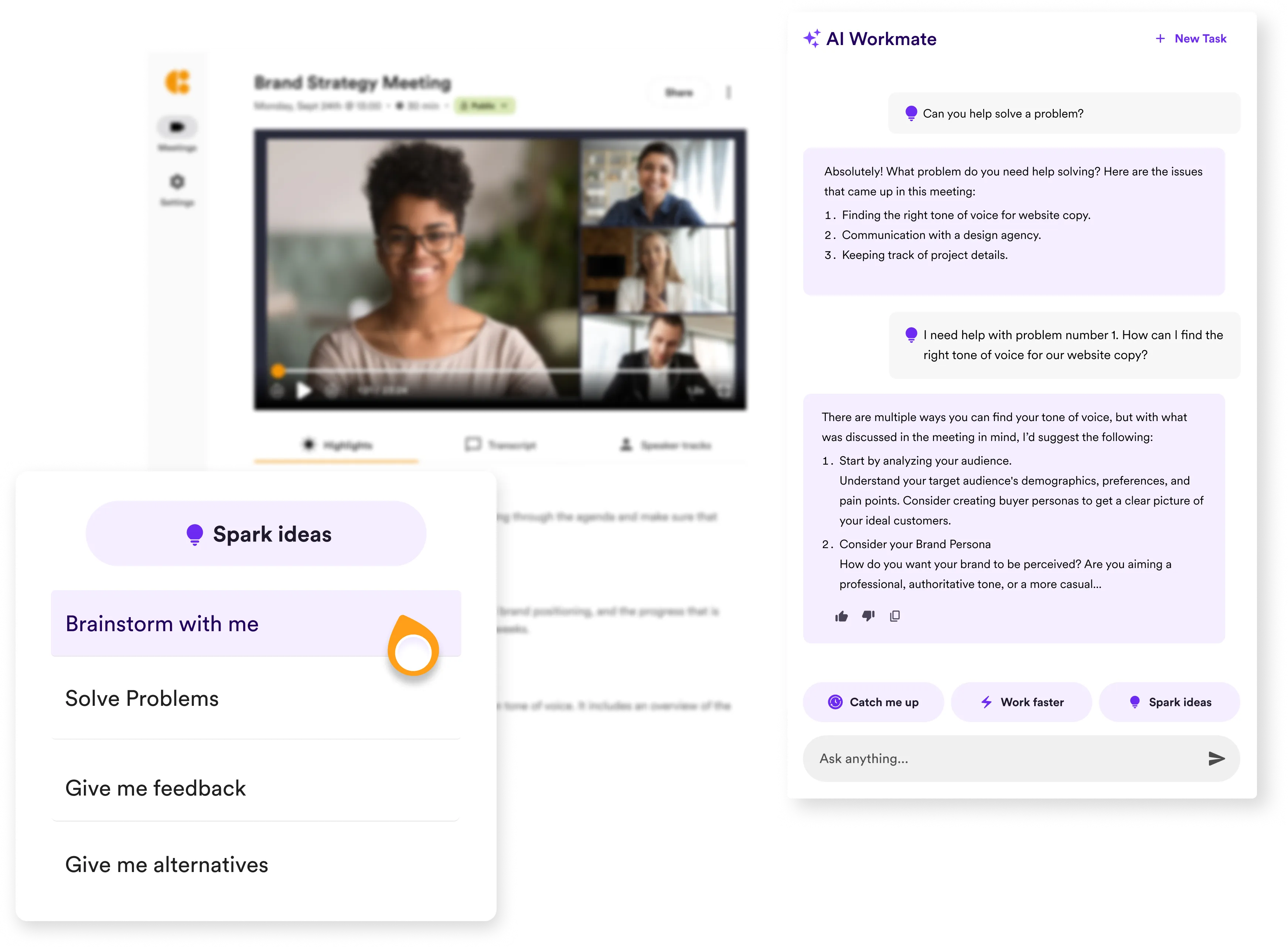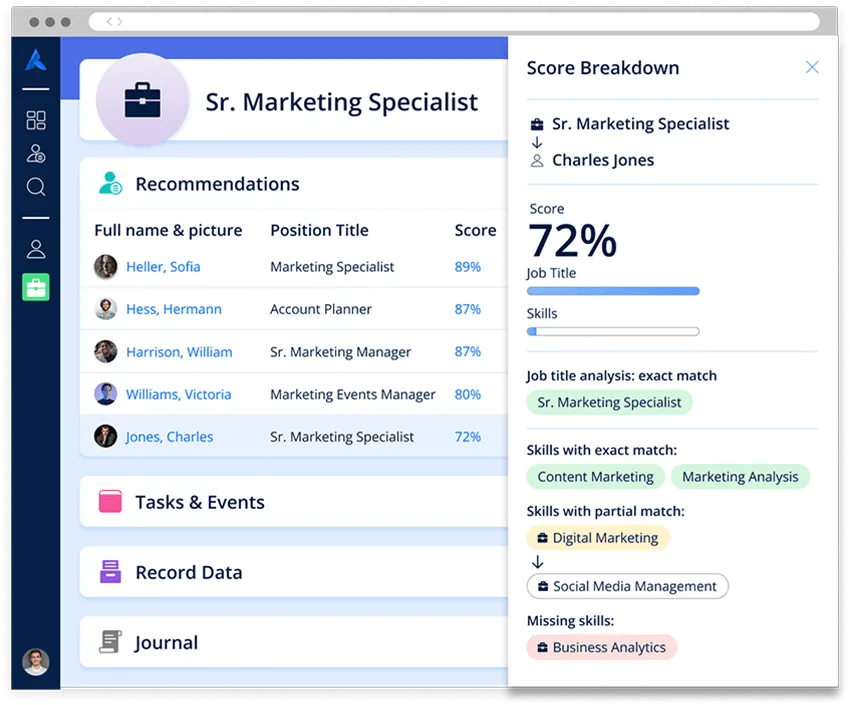Illegal Interview Questions: A Guide to Compliance

Interviews can be a legal minefield if you’re not careful.
Are you confident that all your interview questions are compliant with the law?
This guide share with you the regulations around interviews and examples of illegal questions to avoid.
What Are the Regulations Around Interviews?
Regulations around job interviewing are suprisingly quite similar around the world :
In the United States, interview regulations are governed by the Equal Employment Opportunity Commission (EEOC). The EEOC enforces laws that prohibit discrimination based on race, color, religion, sex, national origin, age, disability, or genetic information. You should avoid asking questions about a candidate’s age, marital status, or religious practices, as these can be seen as discriminatory and may lead to legal consequences. Instead, focus on questions that relate directly to the candidate's ability to perform the job.
In the European Union, the Employment Equality Directive prohibits discrimination based on age, disability, sexual orientation, and religion or belief. Each EU member country has its enforcement body, but the main rule is the same: stick to questions that are relevant to the job. Avoid asking about personal topics like future family plans or where the candidate was born, as these are unrelated to their ability to perform the role.
Other countries, like Canada and Australia, have similar laws to prevent discrimination during interviews. In Canada, the Human Rights Act prohibits questions that could be used to discriminate based on gender, ethnicity, or family status. In Australia, the Fair Work Act ensures fair treatment in employment. You need to be aware of these regulations to avoid stepping into illegal territory.
Examples of Illegal Interview Questions

To ensure your interviews are compliant with legal standards, you need to avoid certain questions that could be considered discriminatory. Here, we’ll go through different topics and give you concrete examples of what to avoid and why.
1. Age
Asking about a candidate’s age can lead to age discrimination, which is illegal under many employment laws. Avoid questions like:
- "How old are you?"
- "What year did you graduate from high school or college?"
- "How long do you plan to work before retirement?"
2. Marital and Family Status
Questions about marital status or family plans are also off-limits because they can lead to discrimination based on gender or family responsibilities. Avoid questions such as:
- "Are you married?"
- "Do you have children, or are you planning to have children?"
- "Who will take care of your kids while you work?"
3. National Origin
Questions about a candidate’s nationality or native language can lead to discrimination based on national origin. Do not ask:
- "Where were you born?"
- "Is English your first language?"
- "What country are your parents from?"
4. Religion
Religion is a highly personal topic, and questions about religious beliefs can lead to discriminatory practices. Avoid asking:
- "What is your religion?"
- "Do you observe any religious holidays?"
- "Will your religion prevent you from working weekends or holidays?"
A better approach is to ask about availability directly without referencing religion, such as, "Are you able to work the required schedule, including weekends if necessary?"
5. Disability
You should not ask about a candidate’s health or disabilities, as this can lead to discrimination. Avoid questions like:
- "Do you have any disabilities?"
- "Have you ever filed a workers' compensation claim?"
- "Do you have any health issues that might affect your work?"
Instead, focus on whether the candidate can perform the job’s essential functions. You could ask, "Are you able to perform the essential duties of this job, with or without reasonable accommodation?"
6. Gender and Sexual Orientation
Questions about gender identity or sexual orientation are entirely off-limits. Avoid asking:
- "What is your gender?"
- "Do you identify as LGBTQ?"
- "Do you have a partner?"
7. Financial Situation
Asking about a candidate's financial situation can also be discriminatory. Avoid questions like:
- "Do you own or rent your home?"
- "Have you ever declared bankruptcy?"
- "Do you have any outstanding debt?"
Automated Interview Questions: Noota
.webp)
Ensuring that your interviews are compliant and consistent can be challenging, especially when juggling multiple candidates. This is where Noota, an AI-powered interview assistant, can make a significant difference :
- Streamline Your Interview Questions : during an interview, it’s easy to get caught up in the conversation and forget to ask some key questions. Noota helps you avoid this by providing reminders of the essential questions you need to cover. This feature helps you stay organized and ensures you focus on job-relevant topics, keeping your interviews consistent and compliant.
- Record and Transcribe Answers Automatically : taking notes while trying to engage with a candidate can be distracting and lead to missed information. With Noota, you don’t need to worry about scribbling notes. The platform automatically records and transcribes everything in real time, allowing you to give your full attention to the conversation. This way, you can ensure that you’re capturing every detail accurately, and you have a record to refer back to when evaluating the candidate.
- Generate Structured Summaries : once the interview is over, sorting through pages of notes or re-listening to the recording can be time-consuming. Noota solves this problem by generating structured summaries that highlight the key takeaways from the conversation. You’ll get a concise overview of each candidate’s strengths, areas for improvement, and other important details—all in one place.
- Ensure Objective Evaluation with Customizable Templates : evaluating candidates objectively is crucial for a fair hiring process. Noota allows you to use customizable templates, such as the STAR (Situation, Task, Action, Result) technique, to evaluate candidates consistently across all interviews. This helps you apply the same criteria to every candidate, which ensures a fairer and more objective evaluation process.
Want to stay compliant, save time, and focus on selecting the best candidate for the job? Try Noota for free.
Leverage your Interview Data
AI interview notes, scorecard, follow-up, ATS integration, and more...
Related articles

Forget note-taking and
try Noota now
FAQ
In the first case, you can directly activate recording as soon as you join a videoconference.
In the second case, you can add a bot to your videoconference, which will record everything.
Noota also enables you to translate your files into over 30 languages.

.svg)
.svg)
.webp)

.png)


.svg)
